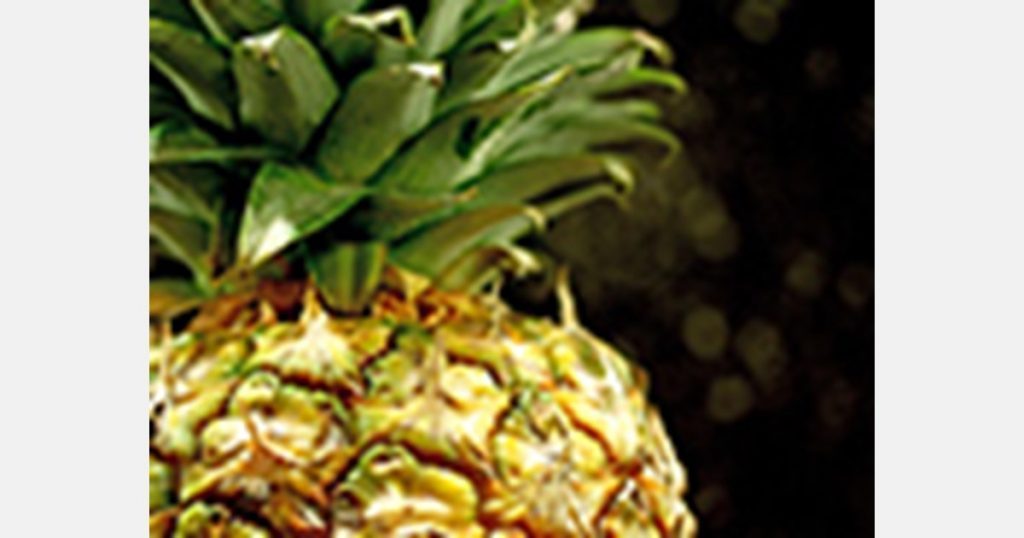The Ombudsman’s Office asked the Ministry of Agriculture and Livestock (MAG) to review the actions taken by authorities regarding three complaints that the National Chamber of Organic Agriculture (Canagro) presented before the State Phytosanitary Service (SFE) between 2018 and 2019.
The Chamber filed two administrative complaints about apparent anomalies in the operation of a certification agency in organic agriculture and another complaint against two companies accredited by the State as organic operators. All cases are related to the production, inspection, marketing, and export of organic pineapple in the San Carlos area.
The MAG told the Ombudsman’s Office that the cases had been investigated and that the actions that led to the closure of those cases were in accordance with the legal system. However, the Ombudsman’s Office insists on the need to reconsider the actions and proceed to assess the recommendation issued in file 20,702 of 2018 by the Special Permanent Commission for the Control of Public Income and Expenditure.
This file recommends the MAG minister assess the legality of the resolutions and actions that have been questioned and, if appropriate, initiate corrective actions so that procedures are no longer affected by any vices detected. In addition, the MAG should also assert the disciplinary responsibilities that correspond to each case.
One of the complainants
In June 2019, Nestor Andres Ramirez Acuña, a producer of organic pineapple associated with Canagro, denounced the Congelados y Jugos del Valle Verde SA company to the SFE for allegedly committing fraud in organic pineapple exports.
Ramirez told the University that the conventional pineapple produced by this company on a farm located in Bella Vista de Cutris de San Carlos was being shipped to the United States as if it were organic pineapple. “I found sacks of fertilizers and gallons of insecticide that are used in conventional pineapple management in that farm. It was the evolution of fraud. The producers applied fertilizers that are banned in organic agriculture to the pineapple they sold as organic to the North American market,” Ramirez said.
“The complaint was filed in June 2019. To my surprise, in October the director of the SFE published a resolution stating that there was nothing new to investigate and that they couldn’t use public funds to carry out investigations of unproven complaints. I sent him photos of the gallons and sacks of fertilizers, but he said they weren’t going to investigate the matter and that they considered the case was closed,” he added.
Ramirez said that this issue led to a drop in sales of organic pineapple. As a result of the drop in sales, Ramirez was unable to pay his debts with the National Bank, which seized his farm.
Source: semanariouniversidad.com


